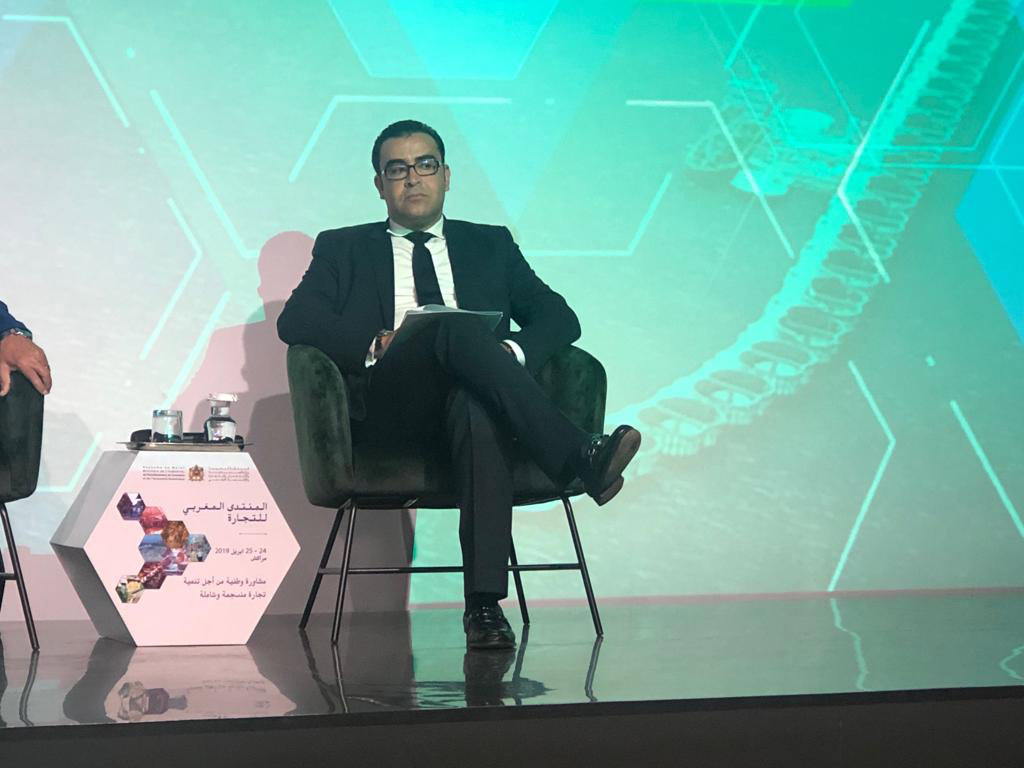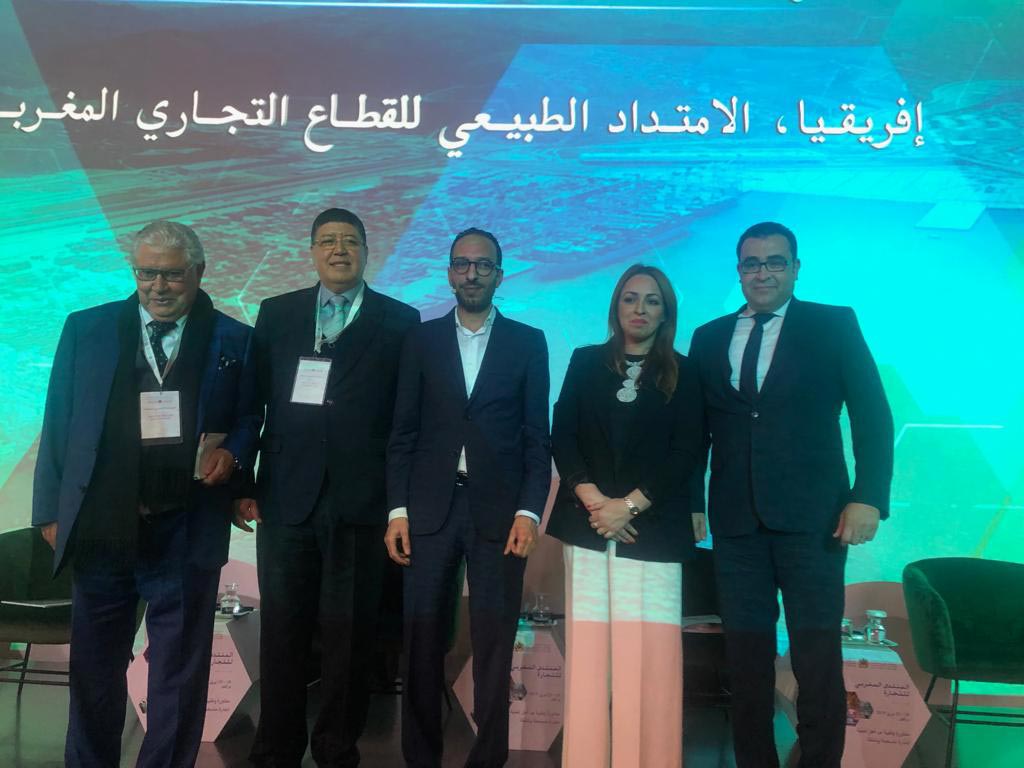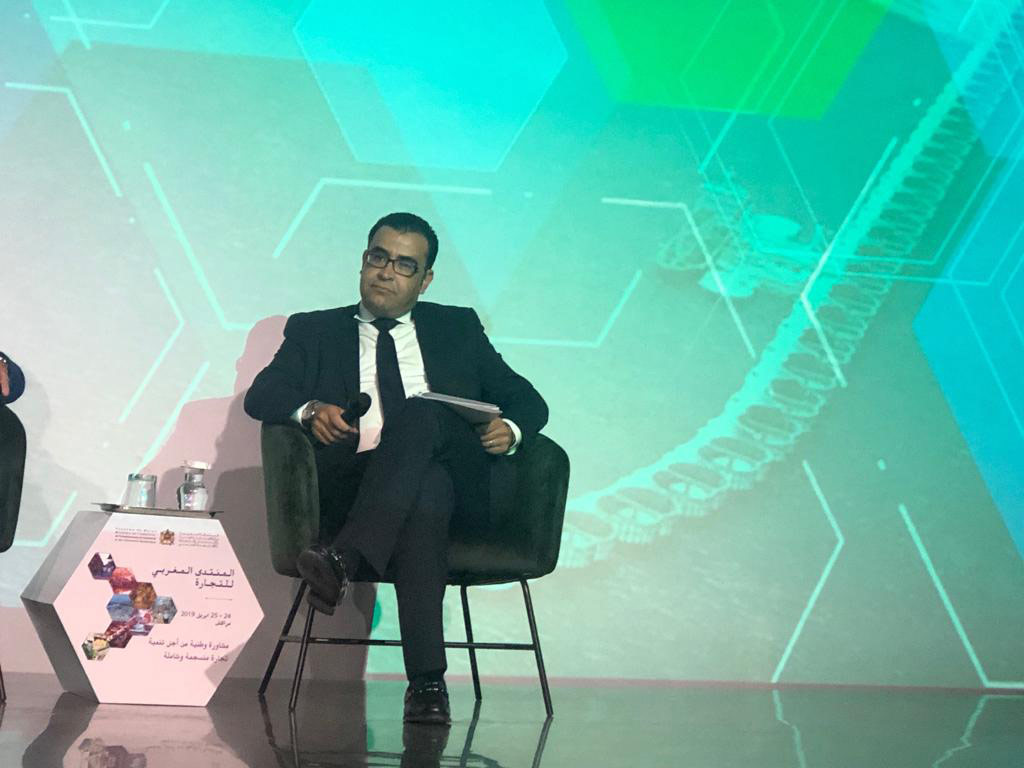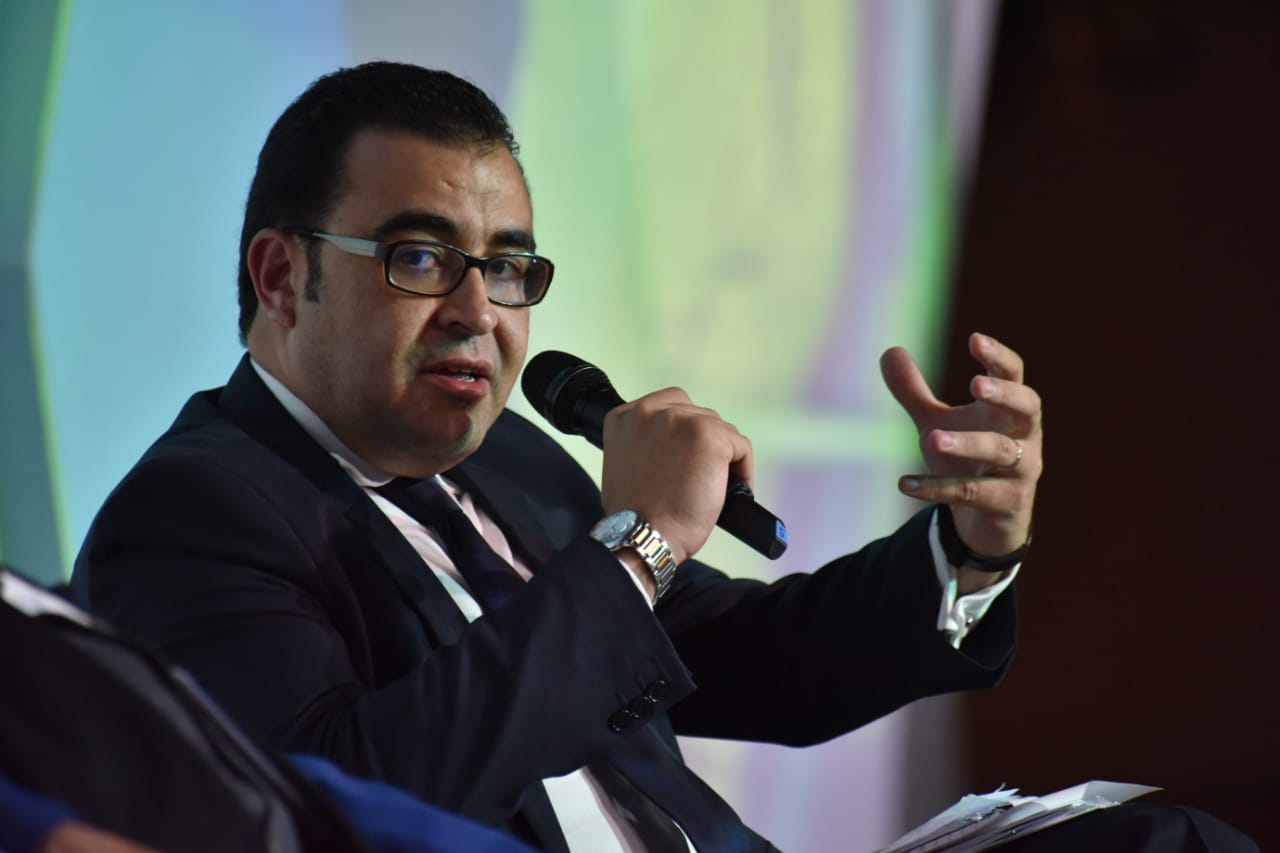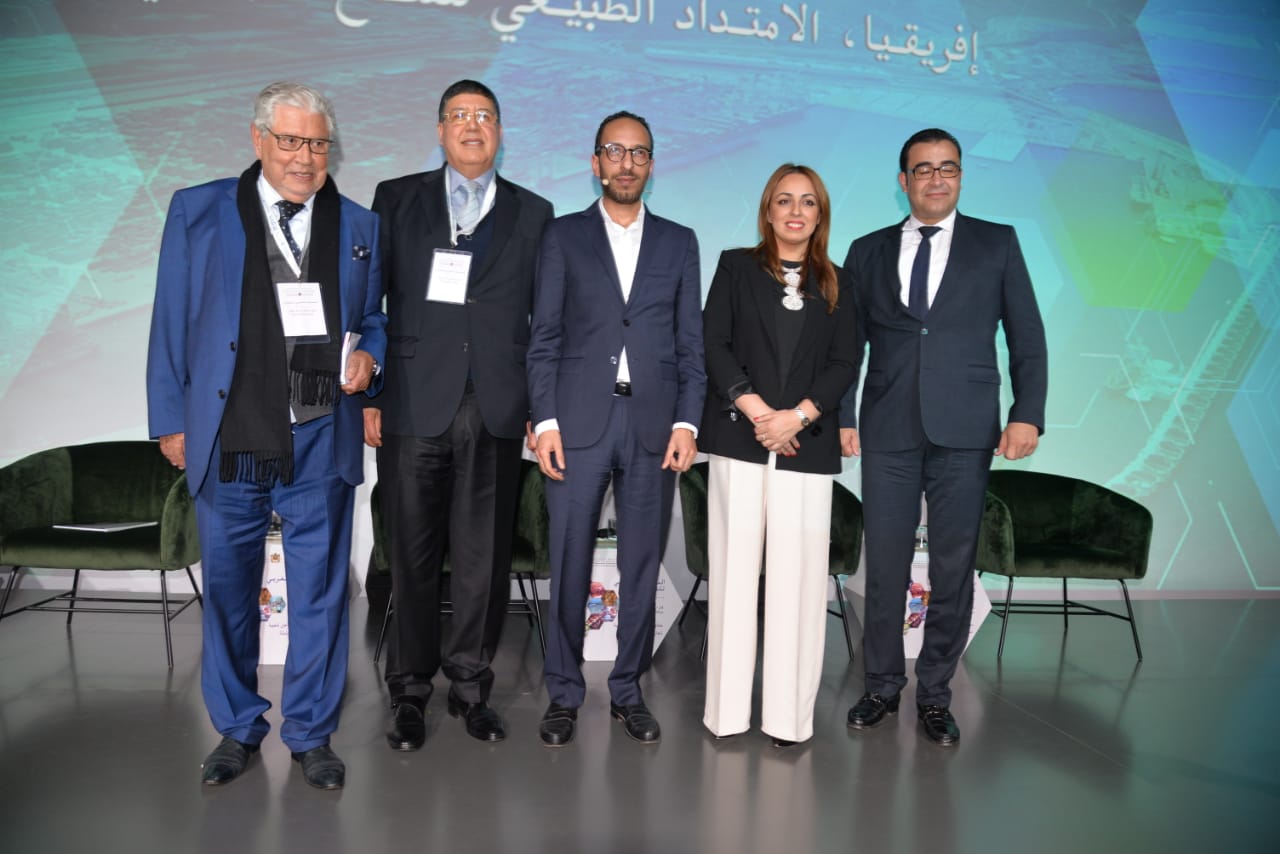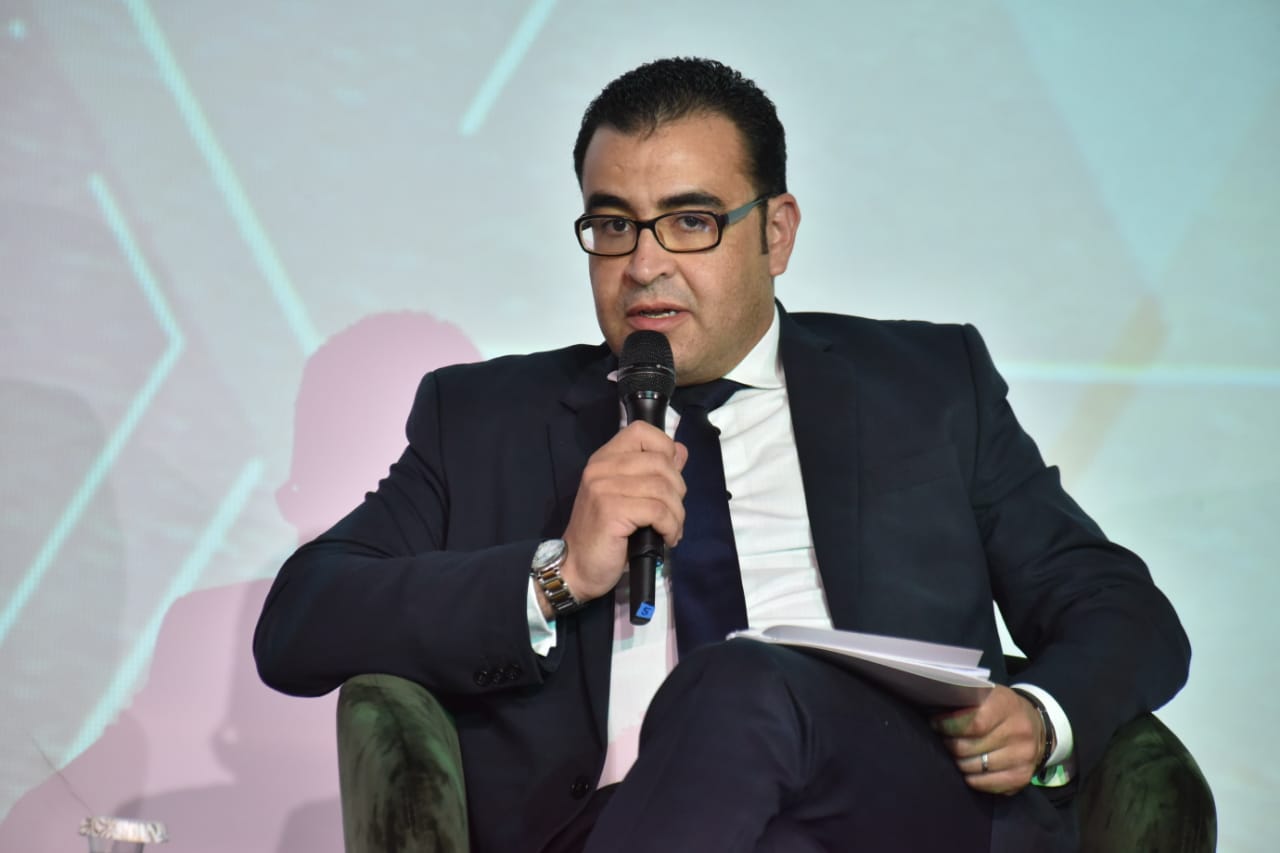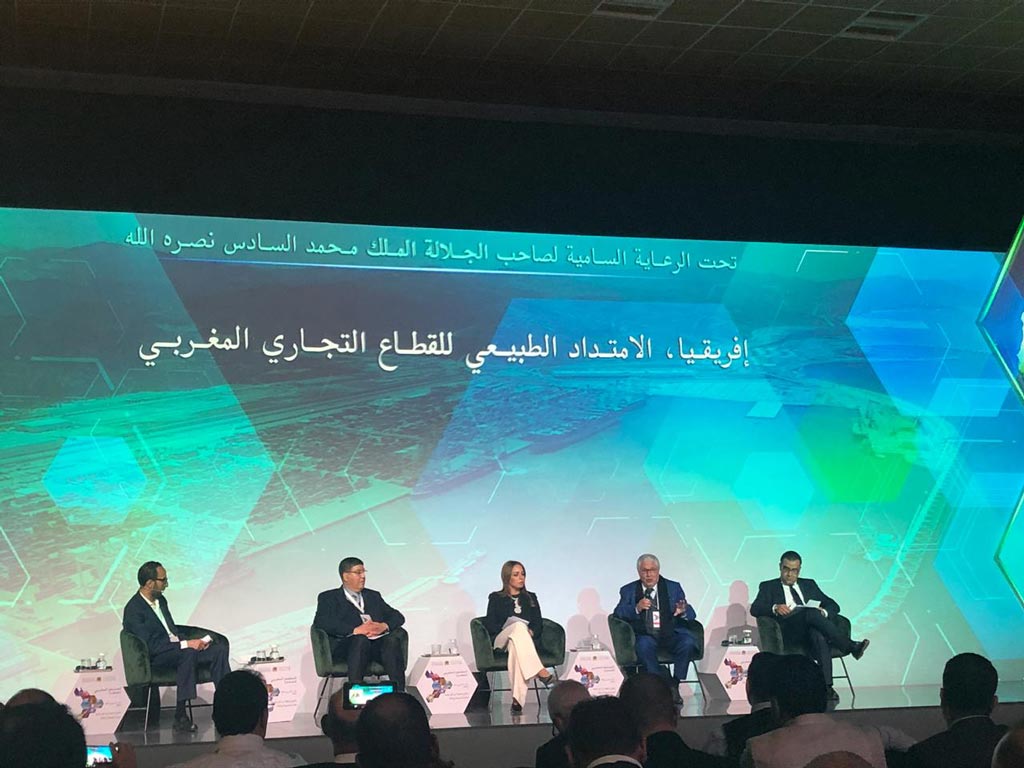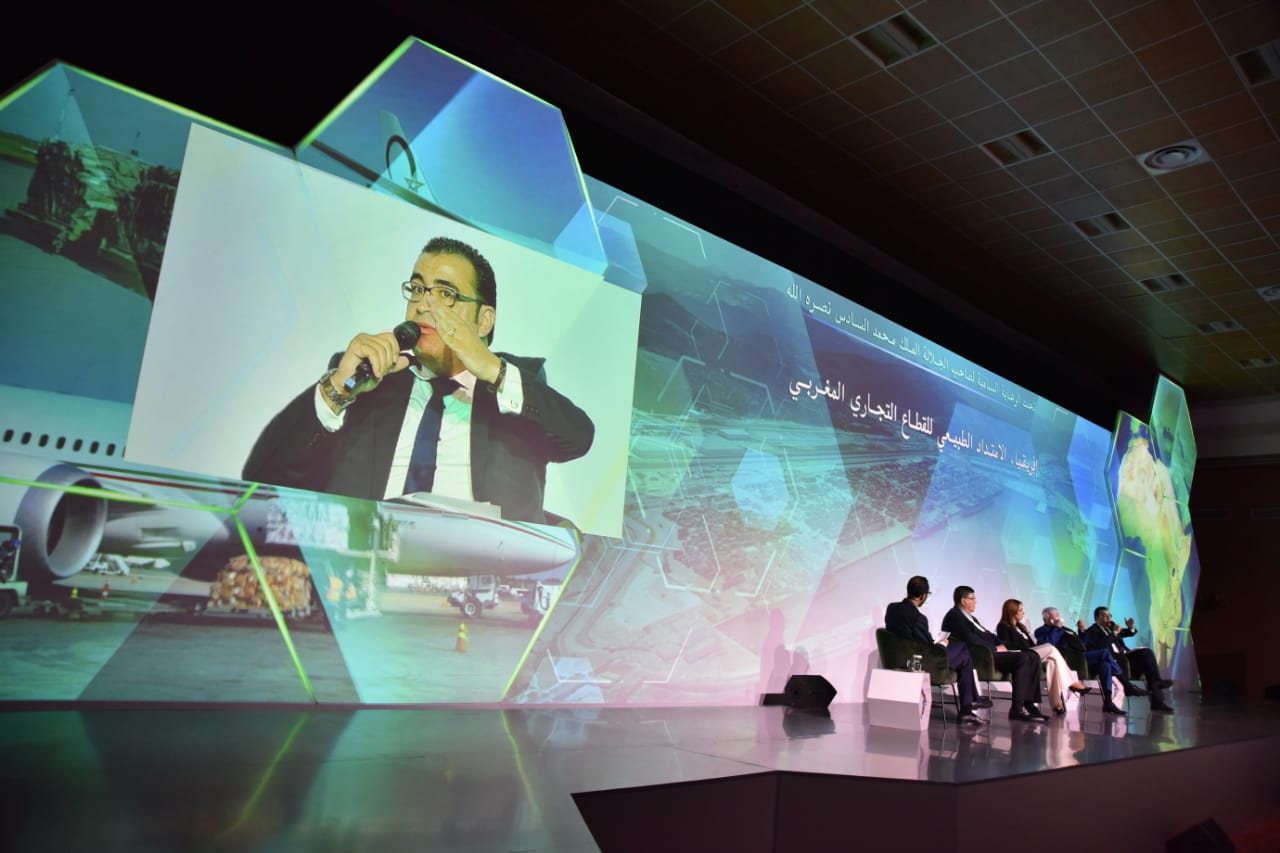Under the high patronage of HM King Mohammed VI and organized by the Ministry of Industry, Investment, Trade and the Digital Economy, the Moroccan Trade Forum was held on 24 and 25 April 2019 in Marrakech and was attended by 1000 professionals from the Sector.
This forum was an opportunity to address the main issues and avenues for reform that will enable national trade to reach its full potential by placing at the heart of this dynamic the driving role of the Moroccan trader, a central actor in development.
In his speech, the Minister of Industry, Investment, Trade and the Digital Economy, Moulay Hafid Elalamy, indicated that the suggestions and recommendations made by professional organisations, trade unions and all the actors involved, numbering 1,325 recommendations, will undoubtedly constitute a very important pillar in the development of a global vision to promote this vital sector for the national economy.
“Our ultimate objective is to ensure that the purchasing power of Moroccan consumers and the protection of their rights are improved and that the sector is a sector of excellence in which the small trader is the pillar,” said Mr. Elalamy.
The programme of this meeting includes workshops and plenary sessions, whose themes relate in particular to “Optimizing trade, protecting the trader, a new impetus for a common ambition”, “Facing new challenges: how to support the trader, a central actor in development? “, ” Value chains, supply and distribution in the face of the technological revolution “, ” Towards a +consumer centric+ approach: how to reconcile quality, purchasing power and proximity? “Training, support and upgrading, cornerstones of successful trade transformation”, “From internal trade to foreign trade, what model of competitiveness for Morocco? “Africa, the great commercial destiny of Morocco”, “From vision to action, how to federate initiatives and unleash the energies of trade in the service of shared and inclusive prosperity”.
In his interventions, the President addressed several points on trade, in particular export activities:
- Accelerate the production of legal texts governing foreign trade and electronic commerce.
- Give priority to national companies in public offerings and the creation and activation of networks of commercial advisors and enrich the commercial databases of the main foreign markets.
- Dissemination of data on African export and import markets, particularly those with high incomes or high population density.
- Simplify customs clearance rules and create their own regional areas.
- Southern traders benefit from the share of materials that have no negative impact
on the national economy in order to support the regional and local economy. - Accelerate the completion of National Road No. 1 between Tiznit and Dakhla, establish trade docks in southern ports, establish logistics stations in the vicinity of these ports and create maritime transport lines to address the critical shortage of transport and logistics services.
- The opening of a road crossing linking the city of Smara to Mauritania, which will reduce the distance travelled by goods destined for African countries.
- Creation of industrial and business parks in the southern regions to encourage local investment and human resources.
- Reduce energy costs for exporting companies and keep pace with measures taken by banking institutions.
- Intensify awareness-raising campaigns on incentives granted by the State to the export sector, such as those allocated to the real estate sector.
- Work on investment difficulties related to real estate.
The most important moment experienced by the participants in the Moroccan Trade Forum was the announcement of the 1505 recommendations issued by the conference proceedings, which were delivered to the participants. Professional organisations, trade unions and all stakeholders were involved in the national trade conferences through 13 workshops. The line ministry is committed to working responsibly and with foresight on the recommendations that have been made. This is undoubtedly an important pillar for the development of a global vision and aims to strengthen this vital sector for the national economy.
 غرفة التجارة والصناعة والخدمات جهة كلميم واد نون
غرفة التجارة والصناعة والخدمات جهة كلميم واد نون
